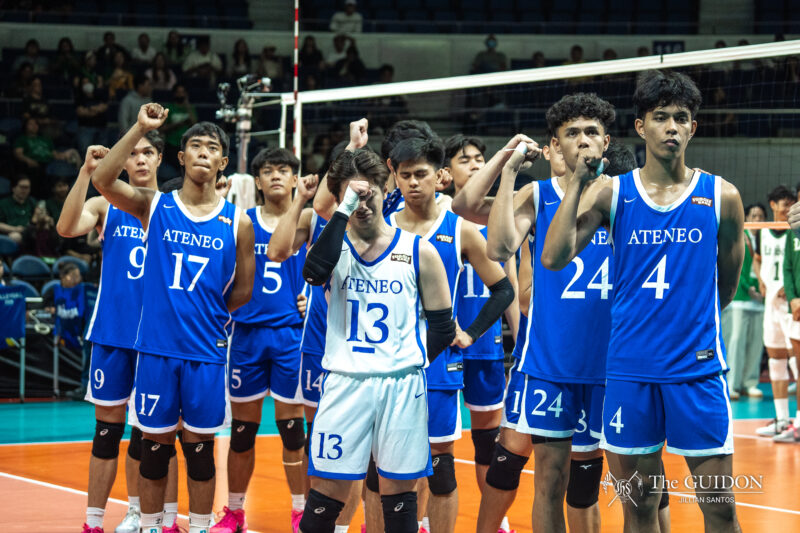THERE IS treasure in garbage.
For Ateneo Alumni Association (AAA) Social Involvement Committee Director Emmanuel Velasco, this statement is true and is the motivation behind the recycling project he is pursuing.
The seminar titled “Science and Technology for Social Enterprise: Development of New Products from Recycled Materials” was organized jointly by the School of Science and Engineering (SOSE) Dean’s Office and the SOSE Sanggu.
This aimed to emphasize the value of recycling and how it can be a social enterprise that can impact both the environment and the economy of the country.
Velasco presented a viable business venture utilizing solid waste and transforming it into something useful. He suggested that the lives of the less fortunate can be bettered through the use of scientific and technological knowledge. Success of such an endeavour can only be achieved however, through social involvement of the people.
“Many Ateneans, alumni and friends have shared their time and talent, and that’s the spirit of social involvement”, said Velasco.
AAA is currently coordinating with Gawad Kalinga as they aim to uplift the lives of scavengers dwelling around dumpsites, specifically those whose homes are located in Payatas.
The seminar was held on July 2 at the Schmitt Hall.
“The ‘DRM’ Dream”
In his presentation, entitled “The ‘DRM’ Dream”, Velasco introduced the Densified Recycled Material (DRM) – a raw material that can be used for construction, landscaping, and furniture – which is the refined version of the garbage that people generate everyday. It holds some characteristics of both wood and cement.
The DRM is a combination of sando (sleeveless tops), plastic bags, styrofoam, and other one-time use materials that usually cause clogging of drainages resulting to flooding. These materials are melted using used cooking oil before being shaped and transformed into usable forms.
Velasco admitted however, that there is a need for further study of the science and technology behind the DRM to improve its properties. Organic Chemistry Professor Regina So has expressed that she was open to this opportunity and was more than willing to help out.
Improving and coming up with a much more efficient way to manufacture the DRM, she says, is critical as its production cost currently outweighs its selling price.
Only one Earth
According to Velasco, the lack of effort and involvement of the people hinders recycling projects from growing.
“It’s so easy to ignore [environmental problems]. People want and see the big impact [of recycling] but don’t take the little steps such as throwing a candy wrapper in the right place”, said Velasco.
SOSE Chair Drex Oarde said recycling should not be taken for granted and that the government must take immediate actions to address environmental issues.
“I think the government should [make] the environment…one of its priorities. Global warming is a rampant issue already. I think it’s about time for the government to move and find ways to reduce our environmental problems”, said Oarde.
Velasco agreed but said that the responsibility of taking care of the environment does not concern the government alone.
“Definitely, the environment is something that we should all care for, not just the government”, said Velasco.
With the knowledge and wisdom he obtained by attending Al Gore’s seminar last June regarding global warming, Velasco is hopeful that people can realize the importance of taking care of the environment.
Velasco said, “We all live in one world and there’s only one Earth that we live in.”






